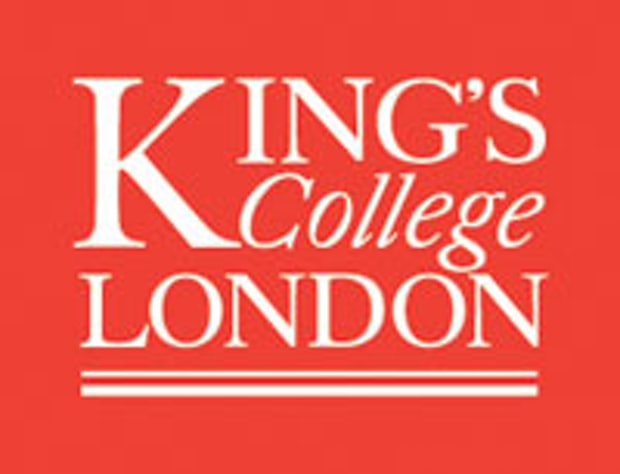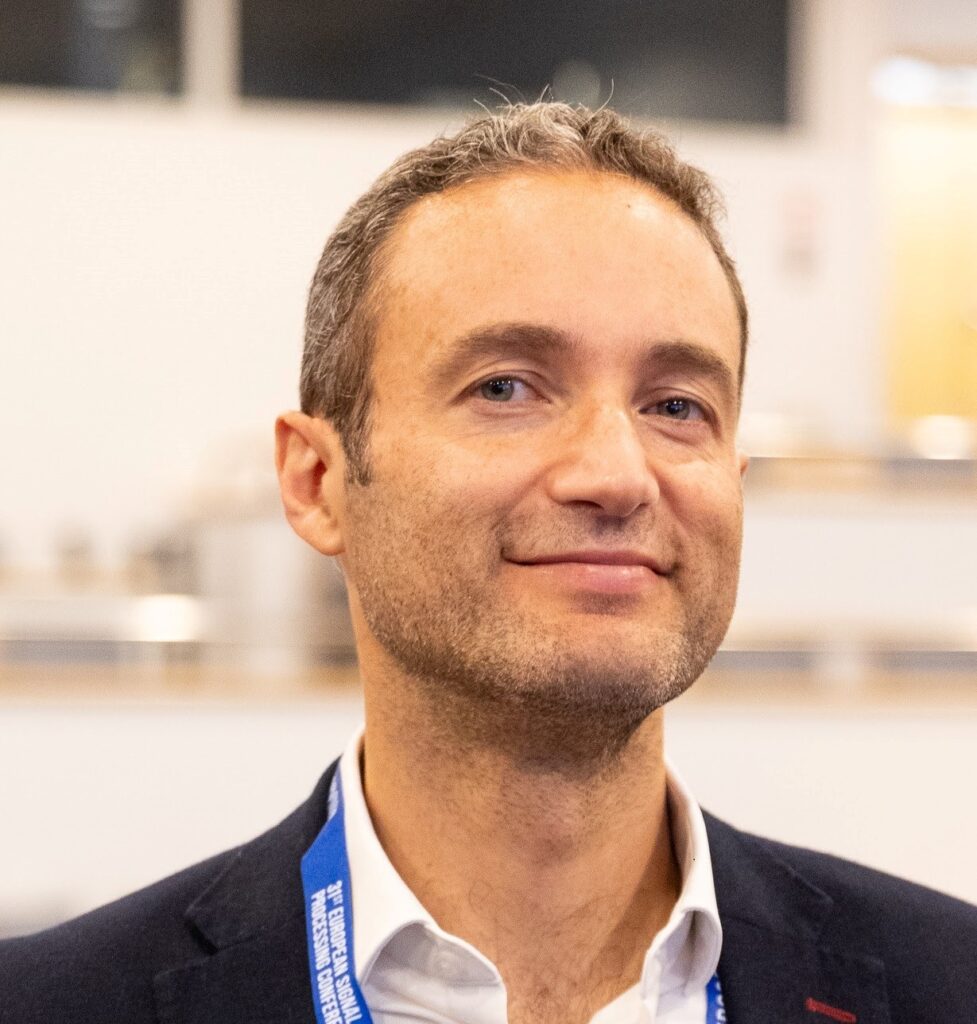The two day summer school is going to take place in London from 28 to 29 May 2024. Lectures by renowned experts in quantum communications and computing are planned as well as a poster session where the particpant’s work can be discussed. The event is intended for an audience of young researchers and Ph.D. students. However, interested postdocs and industry experts who want to get familiar with the topics are also very much welcome. For more information, please see the programme below.
Registration
Registration is free before the 21st May 2024. Please subscribe on eventbrite.
Lecturer
Gabriella Bettonte
Gabriella Bettonte holds a Ph.D. in Mathematical Computer Science from Université Paris-Saclay (2023), specializing in Real-Time Applications, Operational Research, and Quantum Computing. She previously earned her BSc in Mathematics at the University of Trento and an MSc in Telecommunication Engineering from the University of Padua. Her MSc internship at Mines ParisTech focused on code optimization and parallel computing. During the PhD, she conducted her research in Paris at CEA (Commissariat à l’énergie atomique) in the Technology Research Division. She conducted teaching activities from 2020 to 2022 for the BS degree in Computer Science and Mathematics at Université Paris-Saclay. She is currently working as HPC Scientific Application Engineer in CINECA, the largest Italian supercomputing center, as a member of the Quantum Computing Lab.

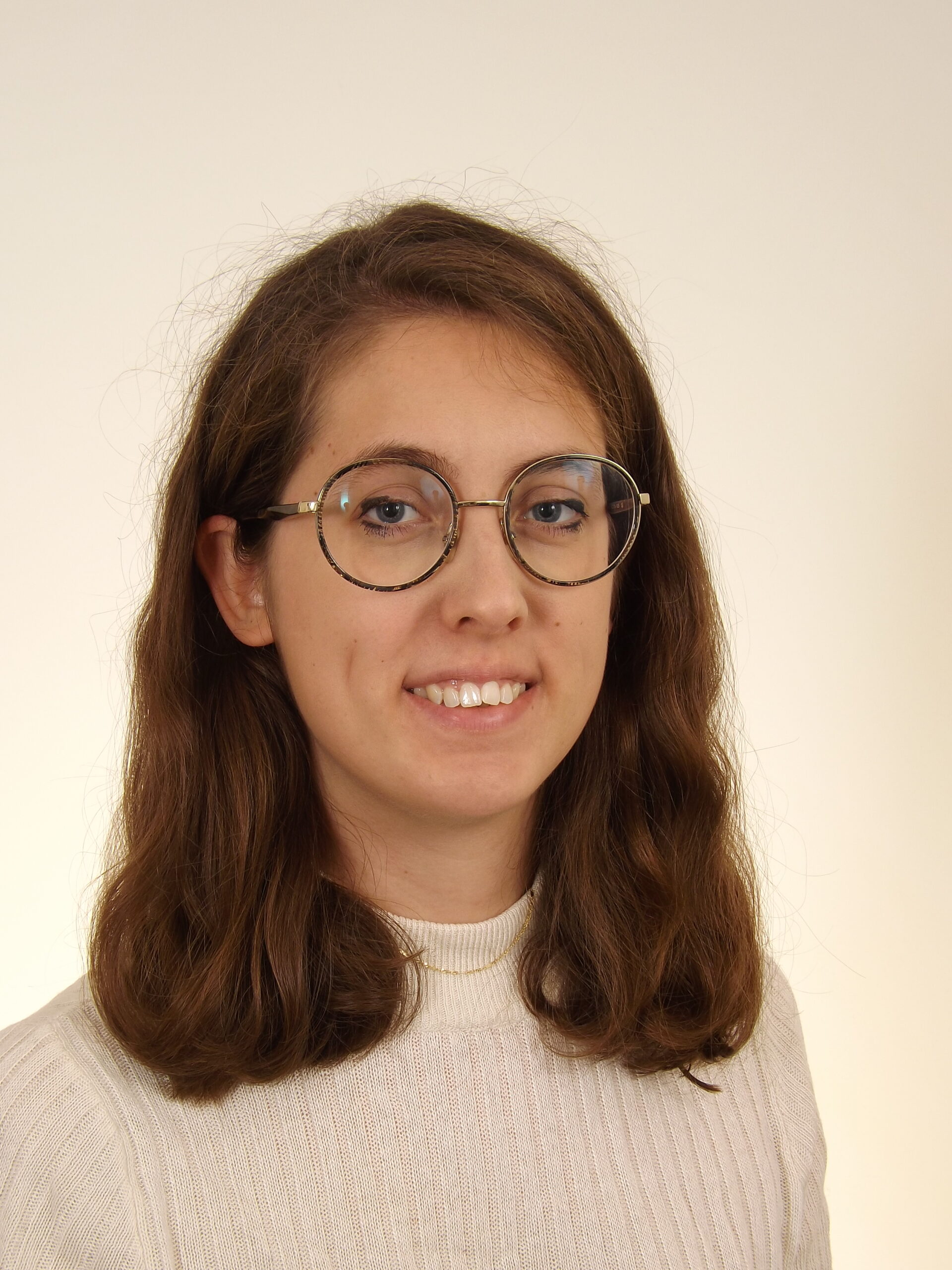
Leonardo Banchi
Leonardo Banchi is an Associate Professor of Theoretical Physics of Matter at the Department of Physics and Astronomy of the University of Florence (Firenze). He received his PhD in Florence and worked as a post-doc at ISI foundation (Torino), University College London and Imperial College London (UK). He also worked as a scientist in the industry, at Xanadu Inc. (Toronto, Canada). Leonardo Banchi’s main research interests are quantum algorithms for simulating many-body physics, quantum information and communication theory, but also quantum machine learning, especially to extract unknown features from quantum data.
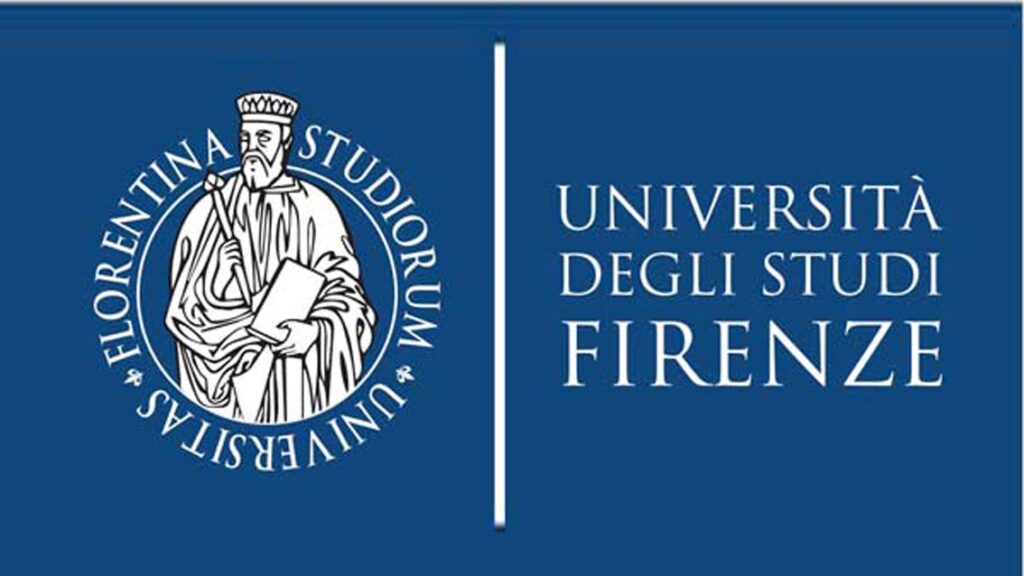
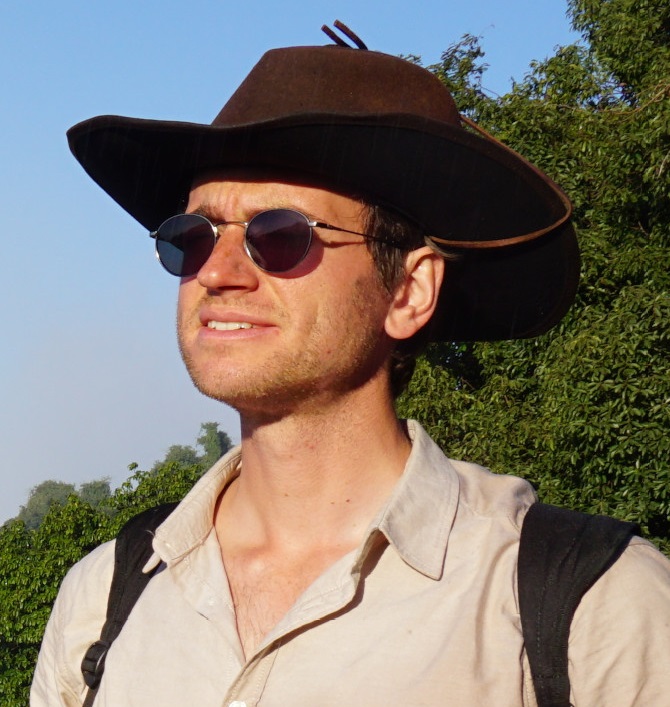
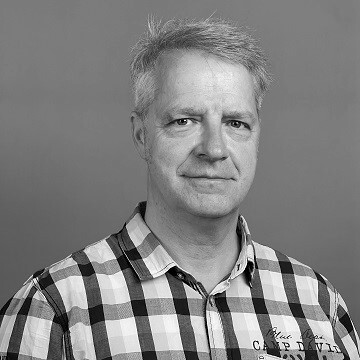
Holger Boche
Holger Boche received the Dipl.-Ing. degree in electrical engineering, Graduate degree in mathematics, and the Dr.-Ing. Degree in electrical engineering from the Technische Universität Dresden, Dresden, Germany, in 1990, 1992, and 1994, respectively, and the Dr. rer. nat. degree in pure mathematics from the Technische Universität Berlin, Berlin, Germany, in 1998. From 1994 to 1997 he did postgraduate studies at the Friedrich-Schiller Universität Jena. In 1997, he joined the Heinrich-Hertz-Institut (HHI) für Nachrichtentechnik Berlin, Berlin. From 2002 to 2010, he was a Full Professor in mobile communication networks with the Institute for Communications Systems, Technische Universität Berlin. In 2003, he became the Director of the Fraunhofer German-Sino Laboratory for Mobile Communications, Berlin, and in 2004, he became the Director of the Fraunhofer Institute for Telecommunications (HHI), Berlin, Germany. Since October 2010, he has been with the Institute of Theoretical Information Technology and a Full Professor with the Technische Universität München.

Alberto Comin
Alberto Comin received his PhD in Physics from the State University of Milan in 2004, with a thesis on ultrafast spin dynamics. He then worked at the Lawrence Berkeley National Lab, at the Italian Institute of Technology and at the Ludwig Maximilian University in Munich. In 2018 he joined the Airbus Central Research and Technology in Munich, where he is leading research projects on free space quantum key distribution and quantum networks.

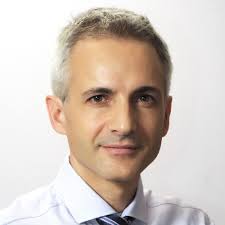
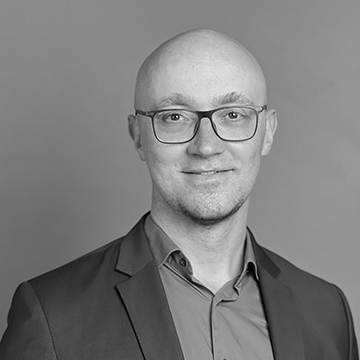
Janis Nötzel
Janis Nötzel received his Ph.D. in 2012 with the dissertation “Quantum Communication under Channel Uncertainty”. Afterwards he worked in the BMBF projects “System Models and Multipath Communication Protocols for Quantum Repeaters” and “Tap-proof Communication, Attacks and System Design” and was a DFG fellow at the Universitat Autònoma de Barcelona with Prof. Winter. He led a research transfer at TU Dresden from 2016 to 2018, before starting his position at TU Munich as head of the first DFG Emmy-Noether group in electrical engineering for the field of quantum technologies.

Programme
Tuesday, 28 May
Lecture and work session I: The Uncomputability of Quantum Gate-Circuit Emulation
Holger Boche (TU Munich)
9 to 12 a.m.
Quantum computing is expected to revolutionize technological information processing. However, quantum computing of practical relevance have proven notoriously hard to build. Building practically usable quantum computers is not an issue related to hardware, but also related to the theory of quantum computing. Digital computing theory follows Turing’s theory of computability. However, Turing’s theory of computability is rarely considered in a mathematically rigorous manner the context of quantum computing. By relating quantum computing to Turing’s theory it is possible to find some interesting outcomes about the problems of uncomputability in digital quantum computing.Lecture and work session II: Space to ground free space quantum key distribution. Opportunities and challenges
Alberto Comin (Airbus)
12 a.m. to 1 p.m.
Space-to-ground quantum communication links are crucial for future quantum information networks, providing a solution to the inherent losses in optical fibers. This lecture will review the key challenges of free-space quantum communication and the main trade-offs involved. We will also provide an overview of recent demonstrations and discuss future directions in this evolving field.Lecture and work session II: Foundations of Quantum Communications and Key Distribution Protocols
Leonardo Banchi (University of Florence)
2:30 to 5:00 p.m.
We will present different strategies to communicate classical or quantum data to distant parts, using a combination of quantum and classical channels. Moreover, we will introduce some of the most popular quantum key distribution protocols, and discuss their security by focusing on the disturbance caused by any quantum hacking attempt. We will also present side-channel attacks based on hardware imperfections and discuss possible theoretical solutions. Finally, we will focus on more advanced topics in quantum Shannon theory, and introduce theoretical bounds on channel capacities and key distribution rates for physically relevant models of quantum channels.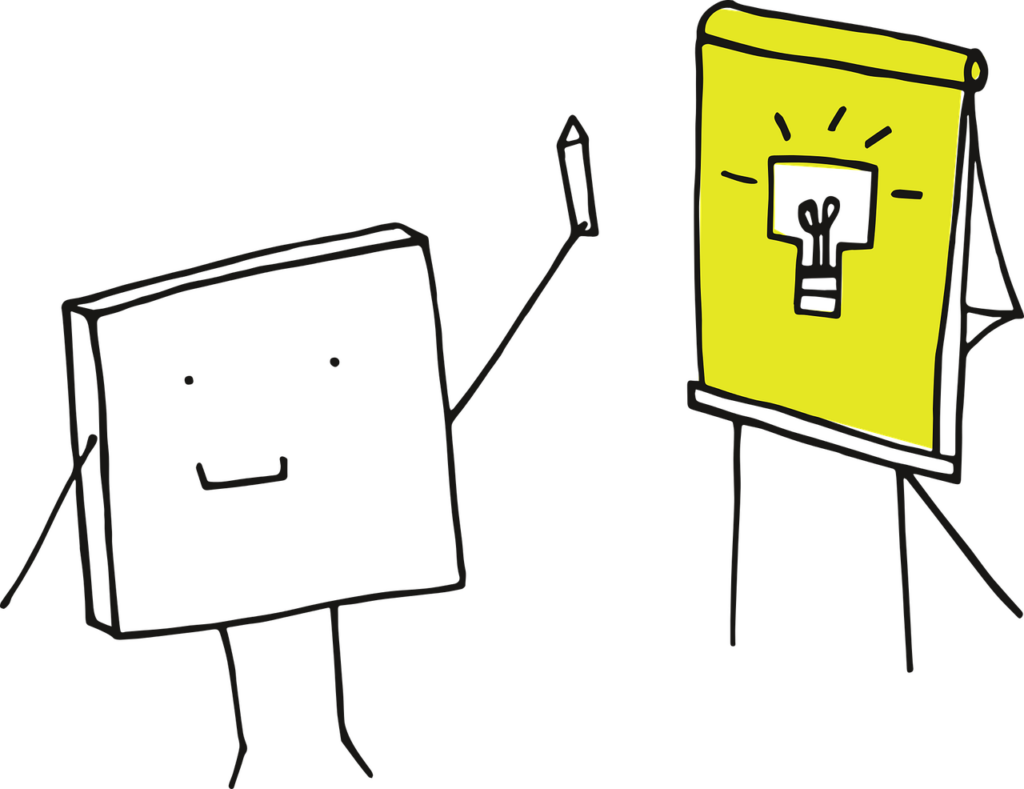
Poster session
5:00 to 7:00 p.m.
Wednesday, 29 May 2024
Lecture and work session III: Quantum Computing at CINECA: Integrating a Quantum Accelerator into an HPC Environment
Gabriella Bettonte (CINECA)
9:00 to 12:00 a.m.
The rapid advancements in quantum computing technology have ushered in an era of unprecedented computational potential. CINECA, in collaboration with five other leading European countries, has been designated as a Hosting Entity for an EuroHPC Joint Undertaking quantum computer. This talk elucidates the role played by CINECA in the integration of quantum accelerators within High Performance Computing (HPC) environments, contributing to mark a crucial milestone towards achieving computing power beyond the exascale realm.
The presentation will delve into the intricacies of amalgamating quantum computational paradigms with traditional HPC architectures, addressing the critical challenges and opportunities that arise in this process. Key considerations encompassing hardware compatibility, resource allocation, and workflow optimization will be discussed, shedding light on the methodologies employed to harness the synergistic potential of quantum-accelerated computing within a well-established HPC ecosystem.
Furthermore, the talk will provide insights into the collaborative efforts and interdisciplinary expertise harnessed by CINECA's scientific community. The integration of quantum accelerators into the HPC infrastructure necessitates a convergence of quantum algorithm development, quantum hardware engineering, and classical computing expertise, thereby fostering a holistic approach towards achieving the “quantum advantage”.Lecture and work session IV: Age of Cooperation – Digital Twins for Quantum Technology Development
Janis Nötzel (TU Munich)
1:30 to 4:00 p.m.
This lecture is inspired by efforts of my group aiming to simplify cooperation between scientists from diverse backgrounds such as mathematics, engineering and physics which are working towards a possible demonstration of a quantum protocol. We quickly recapitulate basics of quantum mechanics like state space and measurement process. We then move on to explain the role of quantum technology for data transmission. We give an overview over the main results in this area. The last part of the session is concerned with the question how to realize theoretical quantum protocols in practice. Following strict design guidelines, we implement basic functionalities in software and test the performance of an exemplary protocol. Special attention is payed to the incorporation of physical parameters, which allow us to build the connections between information theory and physics. Moreover, we show how to account for real-world imperfections in actual implementation. Throughout, we take breaks where participants can work on small exercises, exchange knowledge and opinions and collaborate if they wish.Organisers
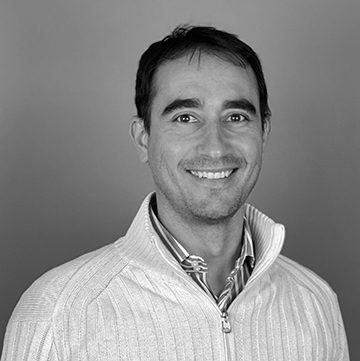
Riccardo Bassoli
Riccardo Bassoli is a Juniorprofessur at the Deutsche Telekom Chair of Communication Networks and Head of the Quantum Communication Networks (QCNets) research group, at the Faculty of Electrical and Computer Engineering, at Technische Universität Dresden. He is member of the Centre for Tactile Internet with Human-in-the-loop (CeTI), Cluster of Excellence, Dresden. He is also member of the EU Quantum Internet Alliance (QIA) and of the EU flagship for 6G Hexa-X II. He is principal investigator in the 6G-life research hub of Germany. He got his Ph.D. from 5G Innovation Centre at University of Surrey (UK), in 2016. He was also a Marie Curie ESR at the Instituto de Telecomunicações (Portugal) and visiting researcher at Airbus Defence and Space (France). Between 2016 and 2019, he was postdoctoral researcher at Università di Trento (Italy).

Osvaldo Simeone
Osvaldo Simeone received the M.Sc. (with honors) and Ph.D. degrees in information engineering from Politecnico di Milano, Milan, Italy, in 2001 and 2005, respectively. He is a Professor in information engineering. He codirects the Centre for Intelligent Information Processing Systems, Department of Engineering of King’s College London, where he also leads King’s Communications, Learning and Information Processing Laboratory. He is also a Visiting Professor with the Connectivity Section, Department of Electronic Systems, Aalborg University. From 2006 to 2017, he was a Faculty Member with the Electrical and Computer Engineering (ECE) Department, New Jersey Institute of Technology (NJIT), where he was affiliated with the Center for Wireless Information Processing (CWiP).
